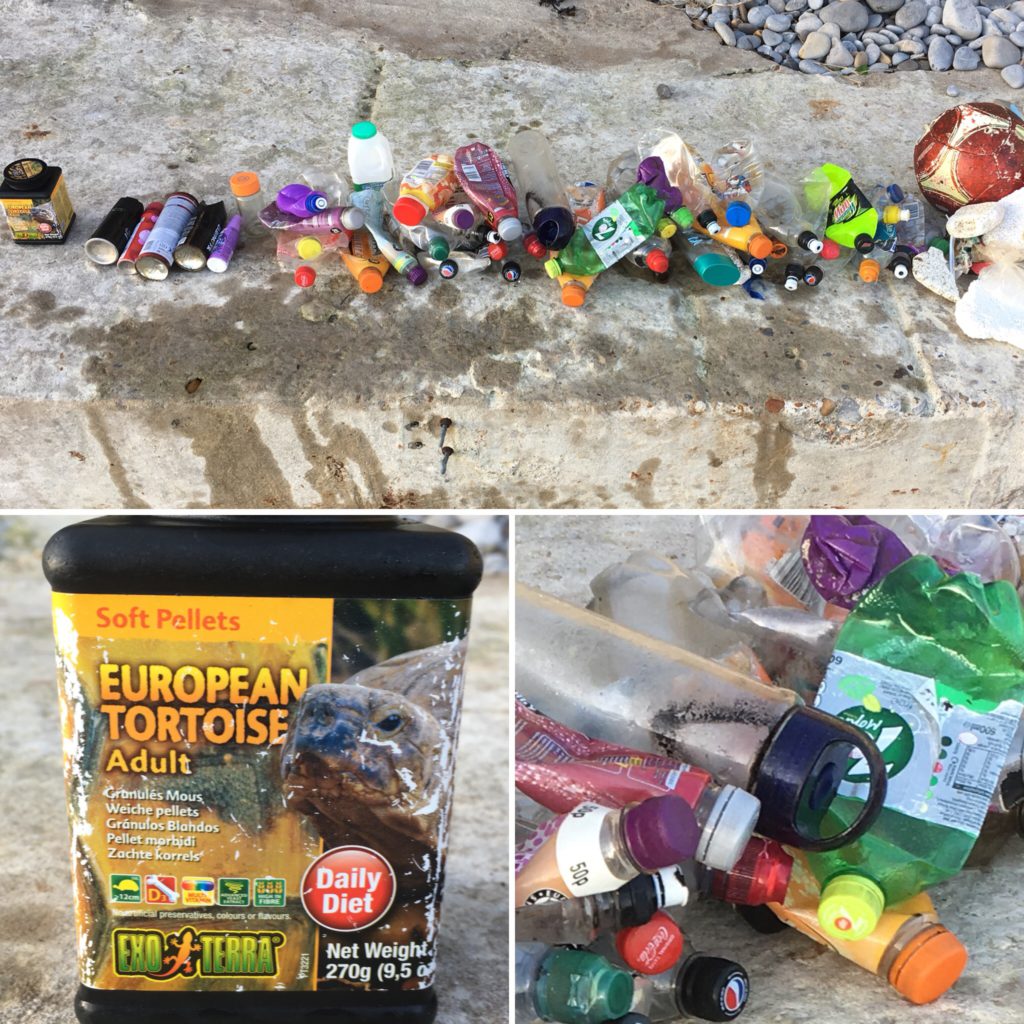Sea levels around the world are rising fast as temperatures warm due to climate change. Rising seas pose a major risk to the Welsh/ UK’s wildlife. Flatholm island was designated a Site of Special Scientific Interest (SSSI) in 1972 and is home to many rare plants and animals, many of which depend on the island habitats for survival. Rising sea levels and increasingly big and dangerous storms threaten to submerge and erode their habitats and make the land/groundwater more saline.
Without a doubt, we need to curb greenhouse gas pollution that causes climate change (including traffic and food waste not recycled) to protect our nations biodiverse wildlife from sea-level rise impacts. The Welsh Government are required by law to reduce their emissions by at least 80% in 2050. Making a good start, they aim to achieve a low carbon pathway by 2030 (i.e. to reduce greenhouse gas emissions by 45% between now and 2030). In terms of traffic, this plan includes reducing the carbon footprint of taxis and buses to zero within ten years and more ideas for increasing cycle use and better understanding of the relationship between speed limits and emissions.
Also, in Wales, there is 4.4 million tonnes of avoidable household food waste being thrown away each year at an average annual cost of £470 per family (myrecyclingwales, 2020).This also means that seagulls are leaving the island for the easy to grab food waste in landfills in Cardiff. Amazingly, KFC packaging and other plastics (see image below) are ending up in nests and around the island.

Some interesting information.
‘As climate change alters temperature and weather patterns, it will also impact plant and animal life. Scientists expect the number and range of species, which define biodiversity, will decline greatly as temperatures continue to rise. The loss of biodiversity could have many negative impacts on the future of ecosystems and humanity worldwide’ (Michelle, 2018).
‘As biodiversity decreases, there will be far-reaching effects. Disruptions in the food chain may greatly affect not only ecosystems but also humanity’s ability to feed an ever-growing population. For example, losing diverse insect species will decrease plant pollination. Additionally, this may decrease humanity’s ability to produce medicine, as extinction claims more and more key plant species. Biodiversity also protects against natural disasters, such as grasses that have evolved specifically to resist the spread of wildfires‘ (Michelle, 2018).
‘Some scientists believe sea levels across the world could rise by two metres by the year 2100‘. (BBC, 2019).
‘Food waste that is sent to landfill doesn’t harmlessly breakdown. It has a big impact on the environment as it rots and releases methane – a harmful greenhouse gas that is 25 times more potent than carbon dioxide’ (recyclenow, 2021).





0 Comments